Why the world needs Cosmos
And — if you aren’t — why you should be watching.
“The brain is like a muscle. When it is in use we feel very good. Understanding is joyous.” –Carl Sagan
I’ve already told you what my hopes for the new Cosmos were before the first episode ever aired, and only time will tell whether those hopes become reality or not. Maybe you caught the first episode, or maybe you haven’t yet (in which case I recommend watching it on Hulu if you’re in the US), but Cosmos — right now — is something the entire world needs, whether it meets your expectations or not.
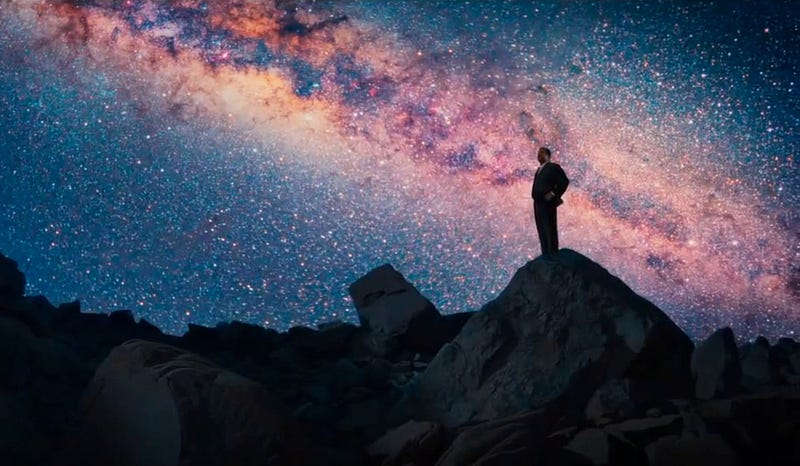
Let me ask you something that ought to make you a little uncomfortable: what is it, of all the things you can conceive of, that scares you to think about?
There are many of you who’ll pick comfortably scary things, things like your upcoming big test, meeting, speech or interview. Those aren’t the scary things I’m talking about. Some of you will pick bigger scary things, like your fears that you aren’t good enough to achieve your goals, that someone better, younger and smarter than you is already out there living what you only aspire to, or that your chosen path that you’re devoting your life to will turn out, in the end, to not be worth very much.
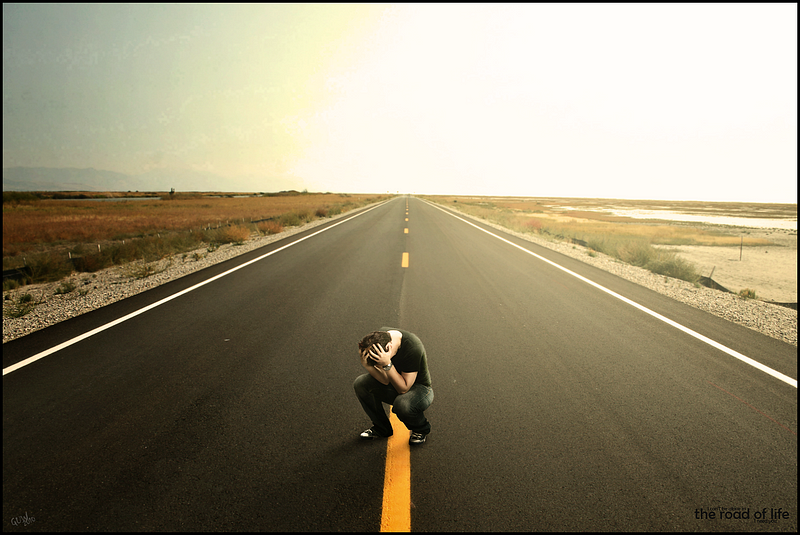
The latter of those things can be overwhelming to think about, and many of us choose not to think about them ever, and instead spend our lives distracting ourselves from these larger questions.
But look behind these questions with me for a minute: why is it a scary thought that you might not be good enough to achieve your goals? Why is it terrifying that someone else will first accomplish what you’re working on? What is so frightening about finding out that your chosen path isn’t something that you yourself will find value in?
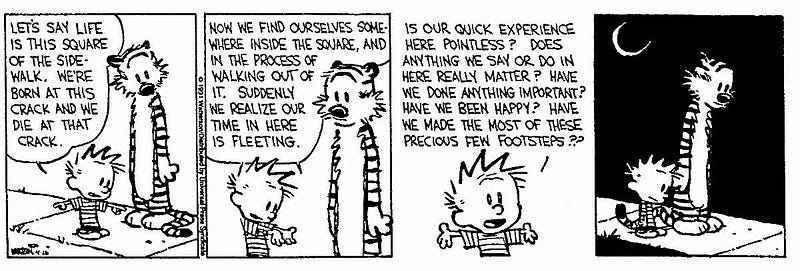
The answer is pretty obvious, isn’t it? I mean, if we’re being honest here, it’s because our lives are short and finite, and limited in so many ways. This is one realization that doesn’t discriminate: neither between healthy and sick, nor young and old, nor even rich and poor. All of us, whether we’re prepared for it or not, will someday encounter the end of our own personal existence, and come face to face with whatever it is that awaits us at the end.
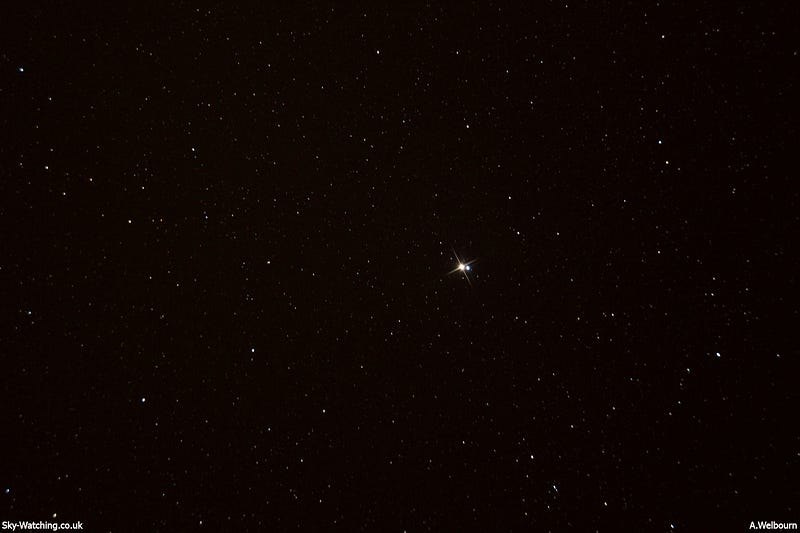
That’s the really terrifying part, isn’t it, facing the unknown nothingness at the abyss of non-existence? And none of us comes equipped with a toolkit for dealing with this truth of existence, at least, not from the get-go. In varying degrees, I think it’s something we all struggle to make peace with. For my own part, I would be consumed by this overwhelming feeling of dread whenever I tried to fathom the whole thing, and spent years unable to deal with those feelings in any meaningful, successful way.
But the more I could fathom, the less afraid I became. And so I became interested in the biggest questions of all.
Questions like, what is the full scope of all this that we call existence?
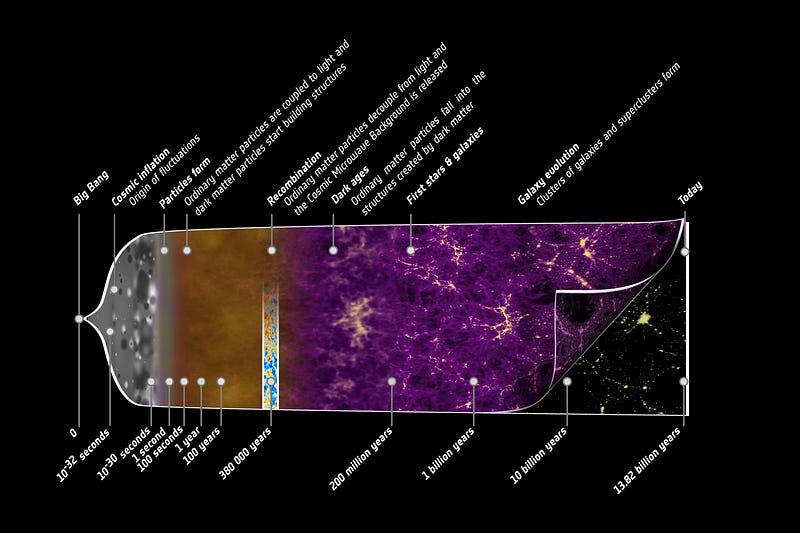
Where did everything come from and how did it come to be this way?
What makes up the Universe and how did it all come together to make it the way it actually is?
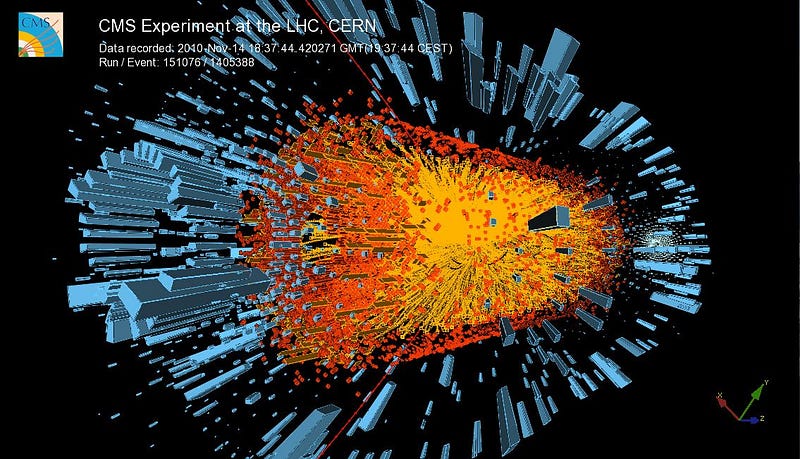
On the largest scales, what does it all look like?
And, of course, what is its fate?
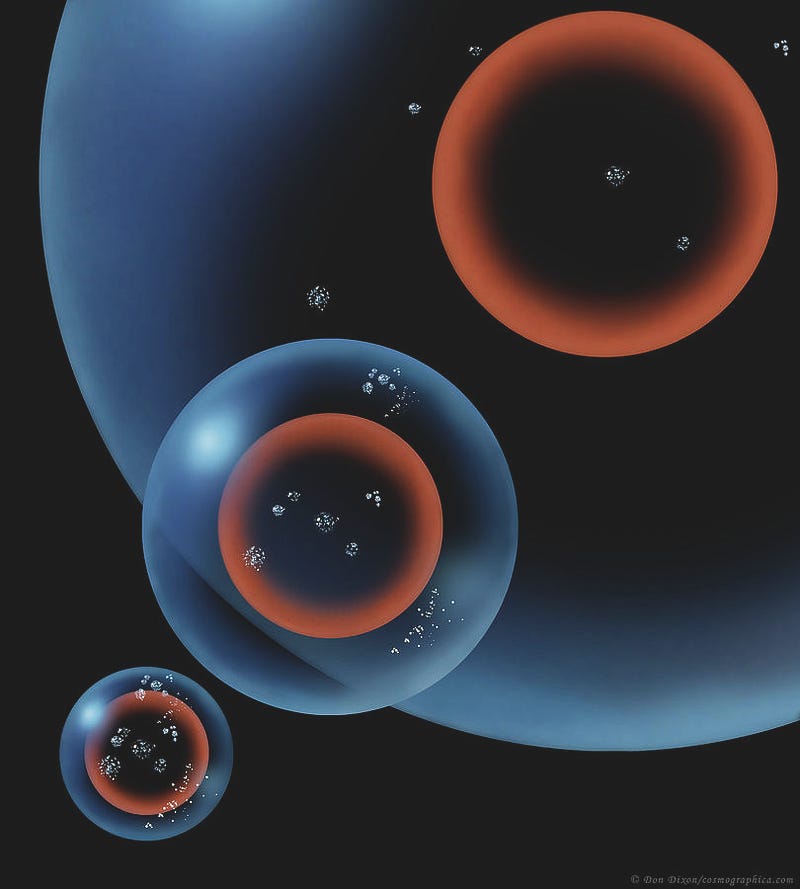
And plenty of others along these lines. The more I thought about these questions — and the more I learned about their answers — the more a combination of two things I thought would be antithetical grew inside of me: a joyous, excited sense of wonder along with a calming sense of inner peace. For a long time, I was too embarrassed to share this feeling with the world, thinking I was probably the only one who felt this way.
And then — although I was already an adult — I encountered this.
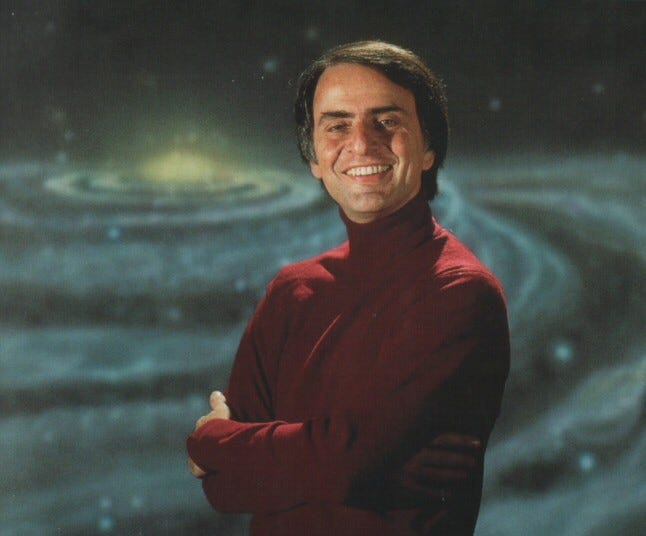
I had known Cosmos only as a book as a youth (the series aired just two years after I was born), but when I discovered Carl Sagan and his television series, I realized there was not only one other person who felt this way, but that — based on the impact it had — there were millions. I felt I knew exactly what he meant when he said,
“Science is not only compatible with spirituality; it is a profound source of spirituality.”
Because spirituality, to me at least, means coming to terms with the full, grand scope of this Universe, embracing it, recognizing ourselves as simultaneously small and insignificant but also large and meaningful.

And the more we come to understand it, even the parts that seem foreign, the better we come to understand ourselves, and to recognize that even those of us who at times feel like the biggest misfits do, in fact, suit this Universe as perfectly as anything that’s ever existed in it.

Does this new version of Cosmos fill you with that feeling? Can Neil de Grasse Tyson in 2014 communicate that sense of joy, wonder, power and awe that Carl Sagan did in 1980? Will it connect you with the Universe, with the immense scale and scope and terror and longing and loss and hope of all of existence?
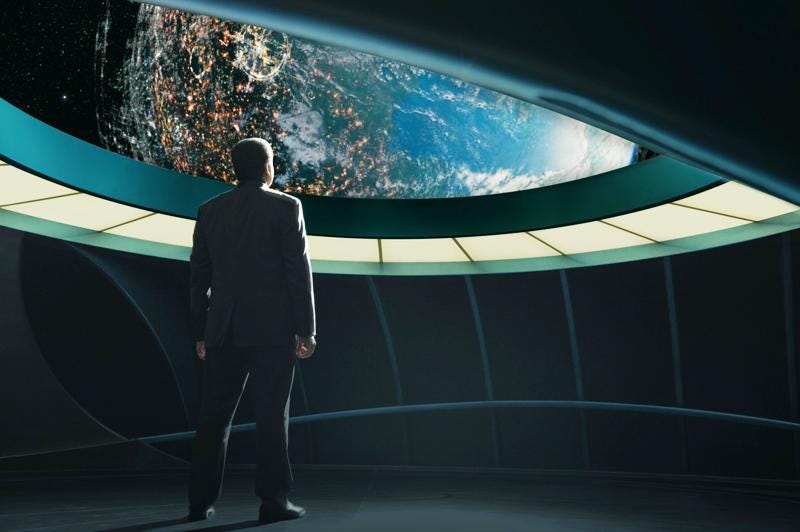
For some of you, it will be tremendously successful at that, while for others, perhaps it won’t quite connect with you, or the way the story is told won’t have quite that impact on or resonance with you. But for the first time in a generation, a major attempt is being made to do exactly that, and I think I’m only one of hundreds of millions of us out there today yearning for it.
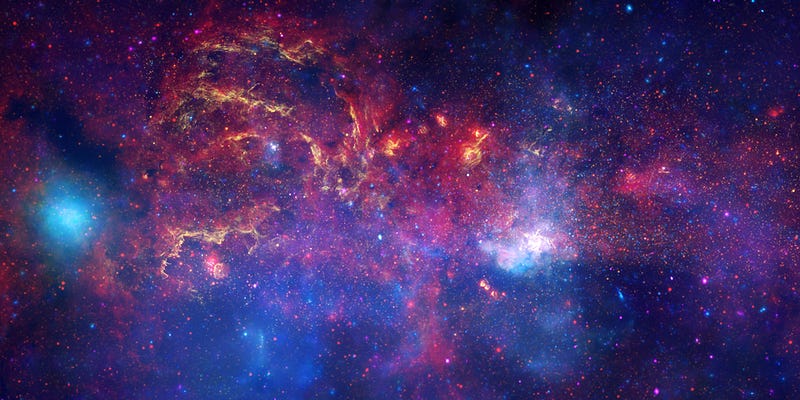
This is the story of the Universe, and perhaps the only story that every one of us has in common. In many ways, it’s the greatest, most truthful story ever discovered: the story that the Universe has told us about itself, because we asked, because we looked, because we tested, because we learned. And whether we’re scientists ourselves or brand new in our exploration of the Universe, it’s a story we all deserve to share in its joys, its lessons, and its wonder.
It’s a story I can’t stop myself from telling, and one I wouldn’t want to stop myself from hearing, understanding, and internalizing. And whether you know it or not, it’s your story, too. Enjoy the ride.
Have something to say? Say it at the Starts With A Bang forum on Scienceblogs!





